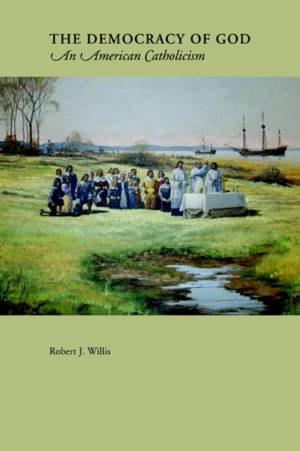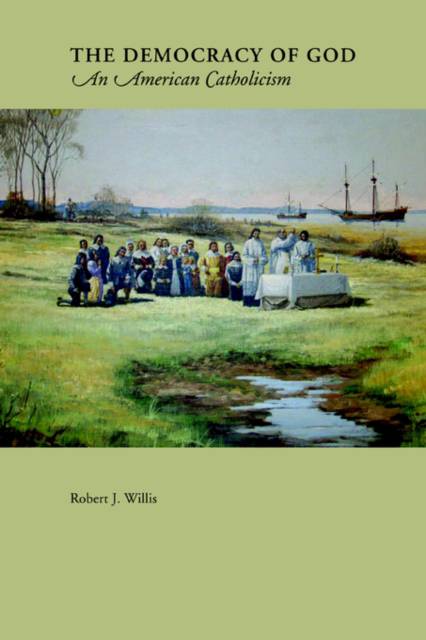
En raison d'une grêve chez bpost, votre commande pourrait être retardée. Vous avez besoin d’un livre rapidement ? Nos magasins vous accueillent à bras ouverts !
- Retrait gratuit dans votre magasin Club
- 7.000.000 titres dans notre catalogue
- Payer en toute sécurité
- Toujours un magasin près de chez vous
En raison de la grêve chez bpost, votre commande pourrait être retardée. Vous avez besoin d’un livre rapidement ? Nos magasins vous accueillent à bras ouverts !
- Retrait gratuit dans votre magasin Club
- 7.000.0000 titres dans notre catalogue
- Payer en toute sécurité
- Toujours un magasin près de chez vous
27,95 €
+ 55 points
Description
Crisis grips the American Catholic community. Church professionals abandon it in record numbers while many who remain grapple with low morale, overwork, and compensatory addictions. Schools either close or laypeople staff them. Parishes consolidate, bereft of pastors and communicants. The people itself lies fragmented, a landscape of polarized groups, a kaleidoscope of political partisans more than gatherings of the faithful. Its future hangs in the balance. Current leaders fixate on two plans. In one they march steadfastly into the past, pursuing the illusion of a remnant group of the righteous armored by uniformity, a sorry substitute for a religious community. In another they resolutely protect the status quo. Before the eyes of an incredulous people they are transforming the church into a museum of religious artifacts, a fitting destination for inquisitive tourists, occasional visitors, and the uninvolved.
The author offers a third alternative. Calling upon the democratic attempts of John Carroll and John England, the incisive comments of Tocqueville about religion in a democracy, and the theology of Vatican II, he challenges bishops to forsake their status as minor lords in a medieval monarchy and, instead, to embrace a servant leadership within the People of God.
Spécifications
Parties prenantes
- Auteur(s) :
- Editeur:
Contenu
- Nombre de pages :
- 256
- Langue:
- Anglais
Caractéristiques
- EAN:
- 9780595379224
- Date de parution :
- 26-01-06
- Format:
- Livre broché
- Format numérique:
- Trade paperback (VS)
- Dimensions :
- 152 mm x 229 mm
- Poids :
- 381 g

Les avis
Nous publions uniquement les avis qui respectent les conditions requises. Consultez nos conditions pour les avis.






